
Do you feel the shortness of breath? Is it difficult for you to stay put in one spot? Does your skin feel itchy, but you notice it’s not dry? Are your thoughts running through your mind and you find it difficult to slow down?
Anxiety Disorder
How Anxiety Disorder Affects Relationships
Anxiety disorders can profoundly impact relationships, often straining the connection between partners, family members, or friends. Individuals with anxiety may experience constant worry, fear, or irritability, which can lead to misunderstandings and conflicts within relationships. They might withdraw from social interactions or avoid situations that trigger their anxiety, making it difficult for loved ones to feel connected or supportive. The constant need for reassurance or the tendency to overthink can also place a burden on the relationship, as partners may struggle to understand or cope with the emotional demands. Over time, these challenges can lead to frustration, resentment, and a communication breakdown, making it essential for both parties to seek understanding, open dialogue, and possibly professional help to manage the effects of anxiety on their relationship.
Women, Stress, and Anxiety
Xanax for Anxiety Disorders
Xanax, also known by its generic name alprazolam, is a commonly prescribed medication for managing anxiety disorders. As part of the benzodiazepine class of drugs, Xanax works by enhancing the effects of gamma-aminobutyric acid (GABA), a neurotransmitter in the brain that helps to calm nervous activity. This mechanism makes Xanax particularly effective in reducing symptoms of anxiety, such as excessive worry, restlessness, and tension.
Anxiety disorders are characterized by persistent and overwhelming feelings of anxiety that can interfere with daily life. These disorders include generalized anxiety disorder (GAD), panic disorder, and social anxiety disorder, among others. Xanax is often prescribed to provide short-term relief from acute anxiety symptoms, helping individuals regain a sense of control during particularly stressful periods.
Is Xanax A Benzodiazepine?
Yes, Xanax is a benzodiazepine, a class of medications commonly prescribed for anxiety and panic disorders. It works by enhancing the effects of gamma-aminobutyric acid (GABA) in the brain, producing a calming effect that helps reduce symptoms of anxiety. Blue Xanax bars contain the same ingredients as other Xanax pills, however, they differ in dosage amount.

Blue Xanax Bars: Symptoms and Risk of Addiction
Blue Xanax bars are a form of medication that contains the active ingredient alprazolam. They are prescribed to manage symptoms of anxiety disorders and panic attacks. However, these blue pills have gained popularity not only among those seeking relief from anxiety but also among individuals misusing them for recreational purposes.
Are Women at a Higher Risk of Abusing Xanax Compared to Men?
The likelihood of Xanax abuse is influenced by a variety of factors, including gender, but it is not solely determined by it. Research suggests that while both men and women are at risk for Xanax abuse, women may be more likely to misuse benzodiazepines like Xanax. Several studies have indicated that women are more frequently prescribed Xanax and other similar medications, often to manage conditions like anxiety and depression, which are more commonly diagnosed in women. This higher rate of prescription can lead to a greater risk of dependence and misuse.
However, men are more likely to abuse substances in general, including prescription medications, for recreational purposes. Men might also be more prone to polysubstance abuse, where Xanax is used alongside other drugs or alcohol, increasing the risk of dangerous interactions and overdose.
Overall, while women may be more likely to develop dependence on Xanax due to higher prescription rates, both men and women are vulnerable to abuse, and the risks depend on individual circumstances rather than gender alone. It’s crucial for anyone prescribed Xanax to use it strictly as directed by a healthcare provider and to discuss any concerns about dependence or abuse with a medical professional.
While Xanax can be effective in alleviating anxiety, it is typically prescribed for short-term use due to the risk of dependence and tolerance. Over time, the body may require higher doses to achieve the same calming effect, and discontinuing the medication suddenly can lead to withdrawal symptoms. Therefore, it is important to follow a healthcare provider’s instructions closely when taking Xanax and to discuss any concerns about its use.
For those struggling with an anxiety disorder, Xanax can be a valuable part of a broader treatment plan that may include therapy and other medications. However, it is essential to consult with a healthcare provider to determine if Xanax is the right option based on individual needs and medical history.
Identifying Xanax Addiction
Xanax addiction is a serious condition that can develop when someone becomes dependent on the medication, often after using it for a prolonged period or at higher doses than prescribed. Xanax, a benzodiazepine, is highly effective in treating anxiety and panic disorders, but its calming effects can lead to physical and psychological dependence. Over time, the body may build a tolerance to Xanax, requiring larger doses to achieve the same effects, which increases the risk of addiction. Individuals struggling with Xanax addiction may find it difficult to function without the drug and may experience intense withdrawal symptoms if they try to quit suddenly. Professional treatment is often necessary to help individuals safely detox and recover from Xanax addiction.
Can You Get Addicted To Xanax?
Signs and Symptoms of Xanax Addiction:
- Increasing dosage without medical approval
- Experiencing cravings or a strong desire to use Xanax
- Neglecting responsibilities at work, school, or home due to Xanax use
- Continuing to use Xanax despite negative consequences
- Developing tolerance, requiring higher doses to feel the same effects
- Experiencing withdrawal symptoms such as anxiety, insomnia, or seizures when not taking Xanax
- Spending a significant amount of time obtaining, using, or recovering from Xanax use
- Isolating from family and friends or withdrawing from social activities
- Using Xanax in risky situations, such as driving or operating machinery while under the influence
- Difficulty stopping or controlling Xanax use despite attempts to do so
Side Effects Of Mixing Xanax And Alcohol
Withdrawal Symptoms of Xanax
Common Xanax Withdrawal Symptoms:
- Anxiety and panic attacks
- Insomnia and sleep disturbances
- Irritability and mood swings
- Nausea and vomiting
- Sweating and chills
- Muscle pain and stiffness
- Tremors or shaking
- Seizures (in severe cases)
- Difficulty concentrating or memory problems
- Increased heart rate and blood pressure

Xanax Addiction Treatment at Anchored Tides Recovery
At Anchored Tides Recovery, we provide comprehensive treatment for Xanax addiction, tailored specifically for women. Our holistic approach combines medical detox, therapy, and personalized care to address both the physical and psychological aspects of addiction. We offer a supportive environment where women can safely withdraw from Xanax under the supervision of experienced professionals while engaging in therapies that promote long-term recovery. Our program also emphasizes building healthy coping strategies and fostering resilience, empowering women to reclaim their lives free from dependency.

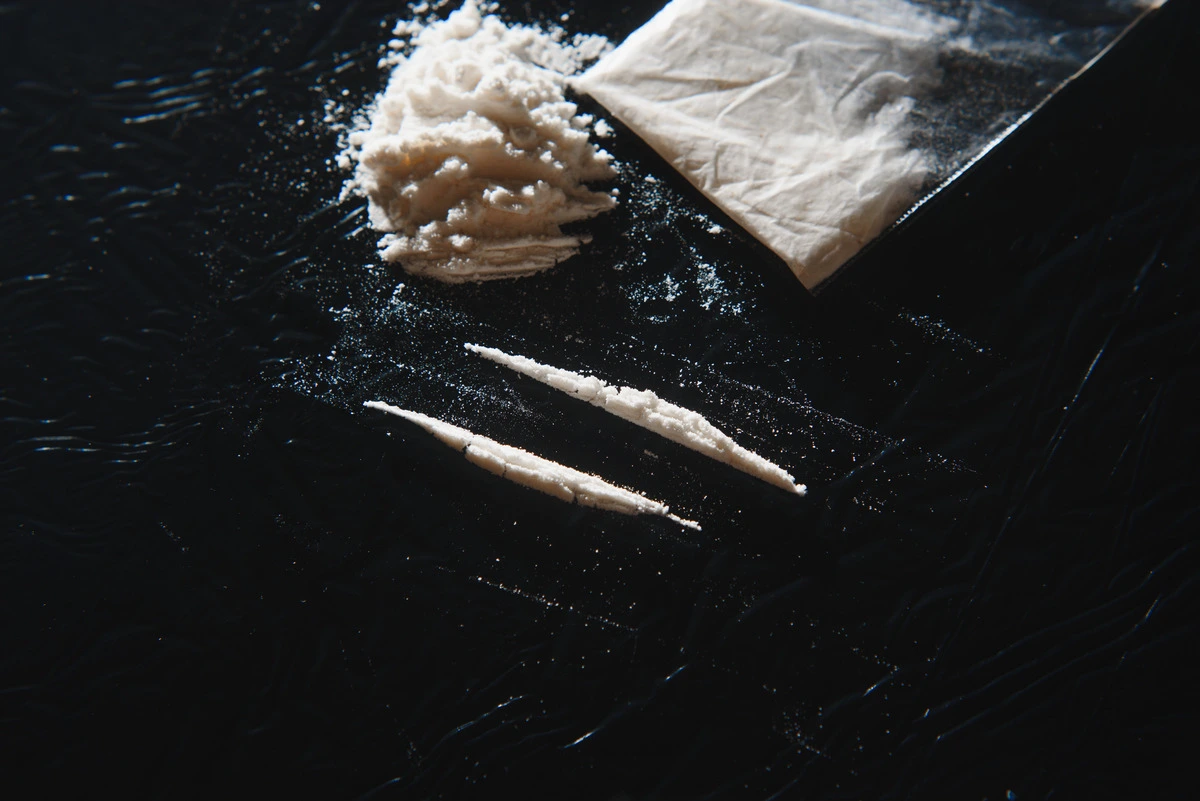
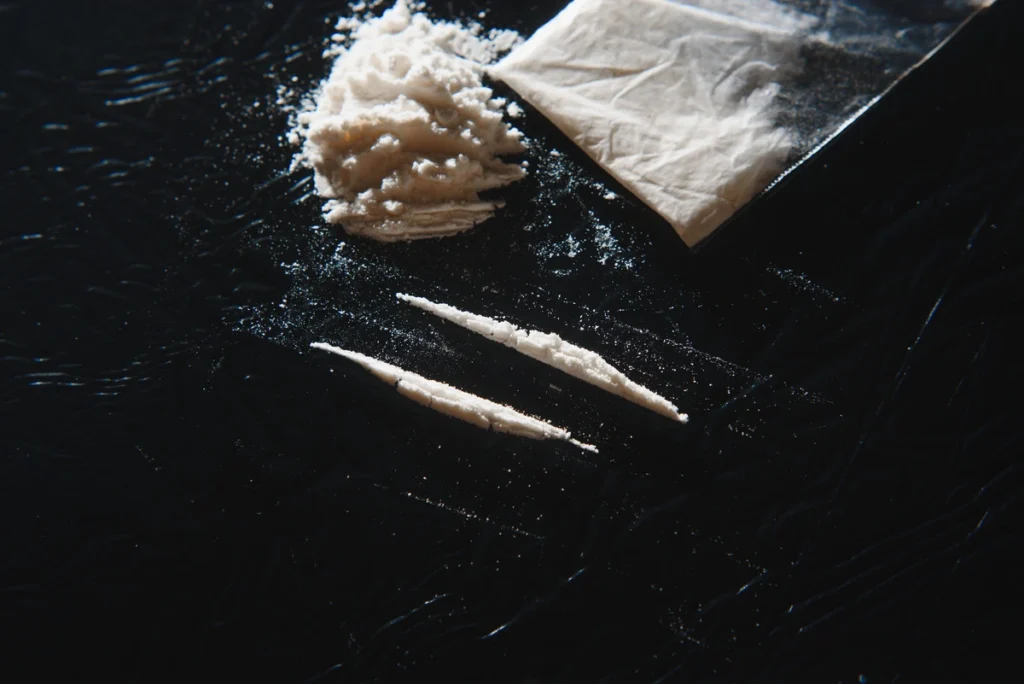
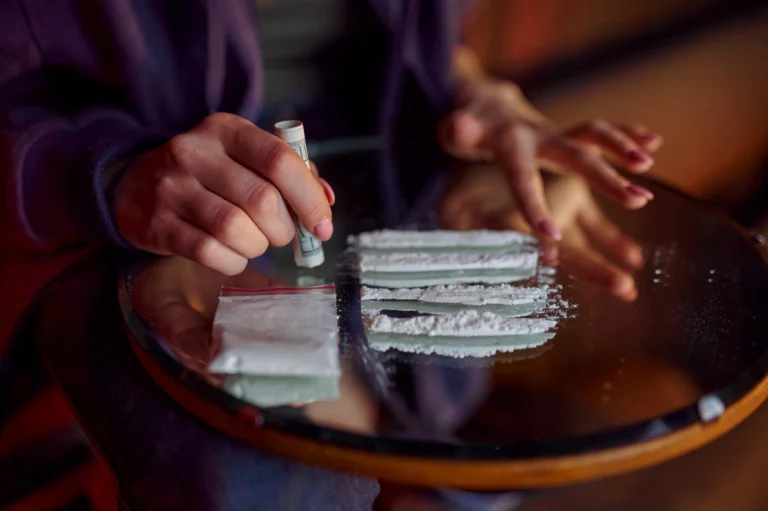





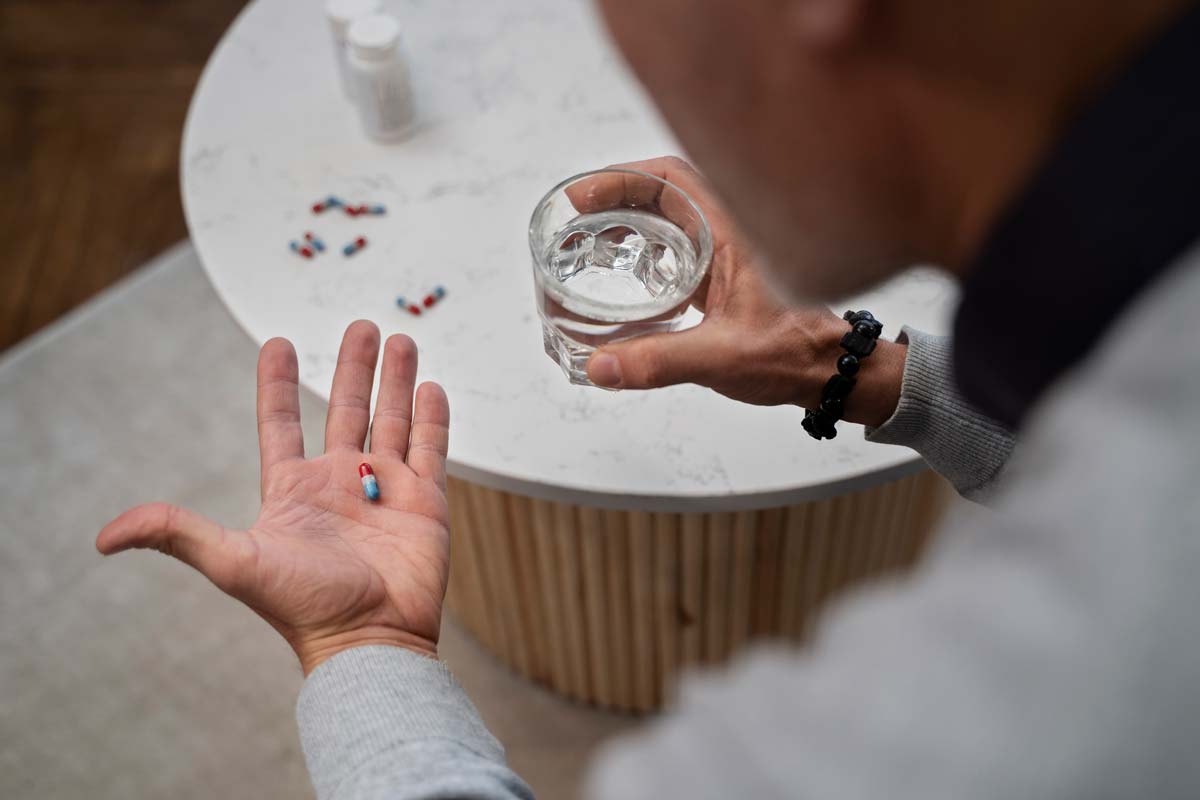
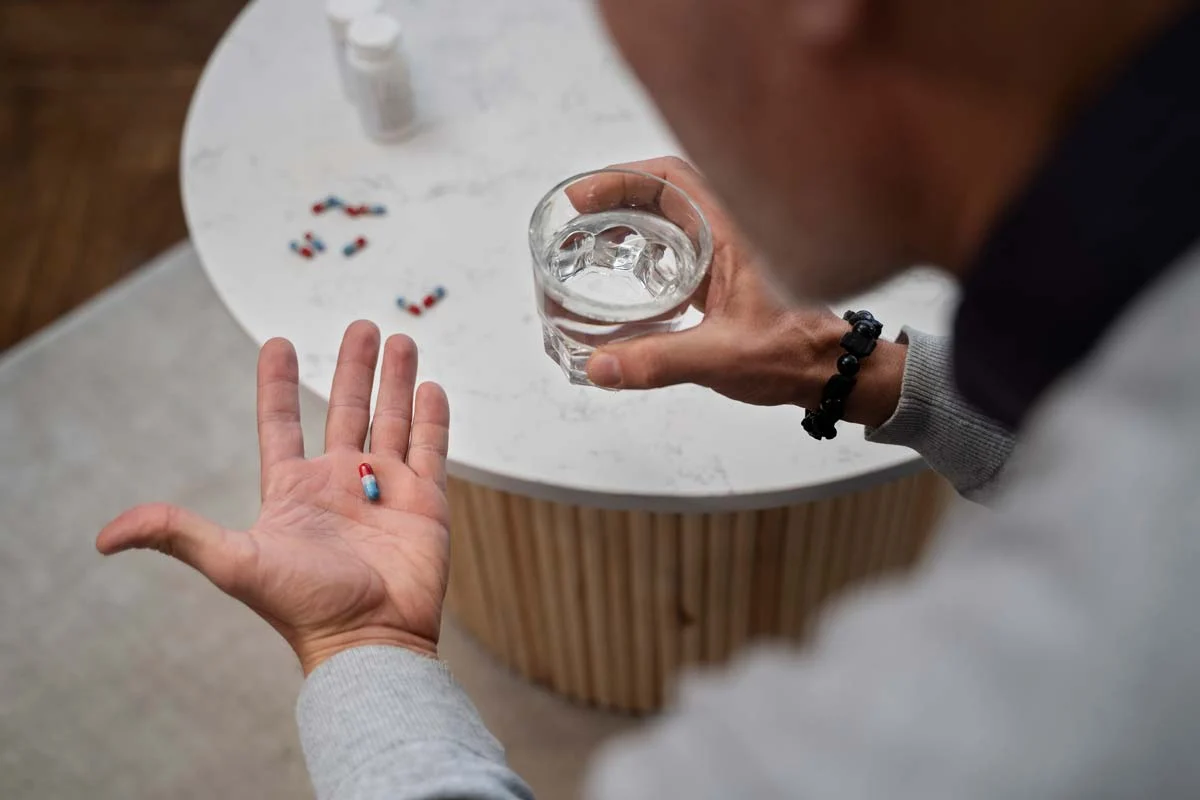 Prescription drugs have undoubtedly revolutionized modern medicine, providing relief from pain, managing chronic conditions, and improving overall quality of life for countless individuals. However, alongside their therapeutic benefits, many prescription medications carry the potential for addiction and abuse. In this comprehensive guide, we will explore the most addictive prescription drugs, their mechanisms of action, the risk factors associated with their use, and the specialized addiction treatment options available at
Prescription drugs have undoubtedly revolutionized modern medicine, providing relief from pain, managing chronic conditions, and improving overall quality of life for countless individuals. However, alongside their therapeutic benefits, many prescription medications carry the potential for addiction and abuse. In this comprehensive guide, we will explore the most addictive prescription drugs, their mechanisms of action, the risk factors associated with their use, and the specialized addiction treatment options available at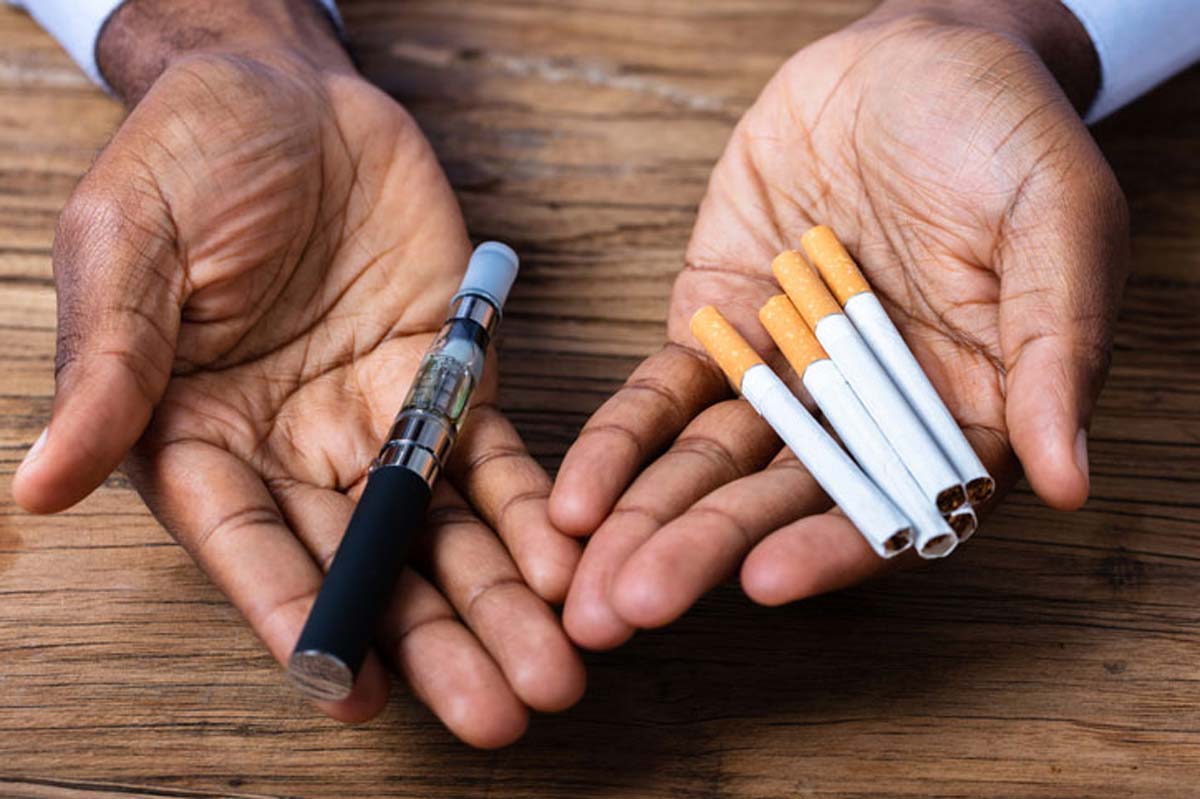
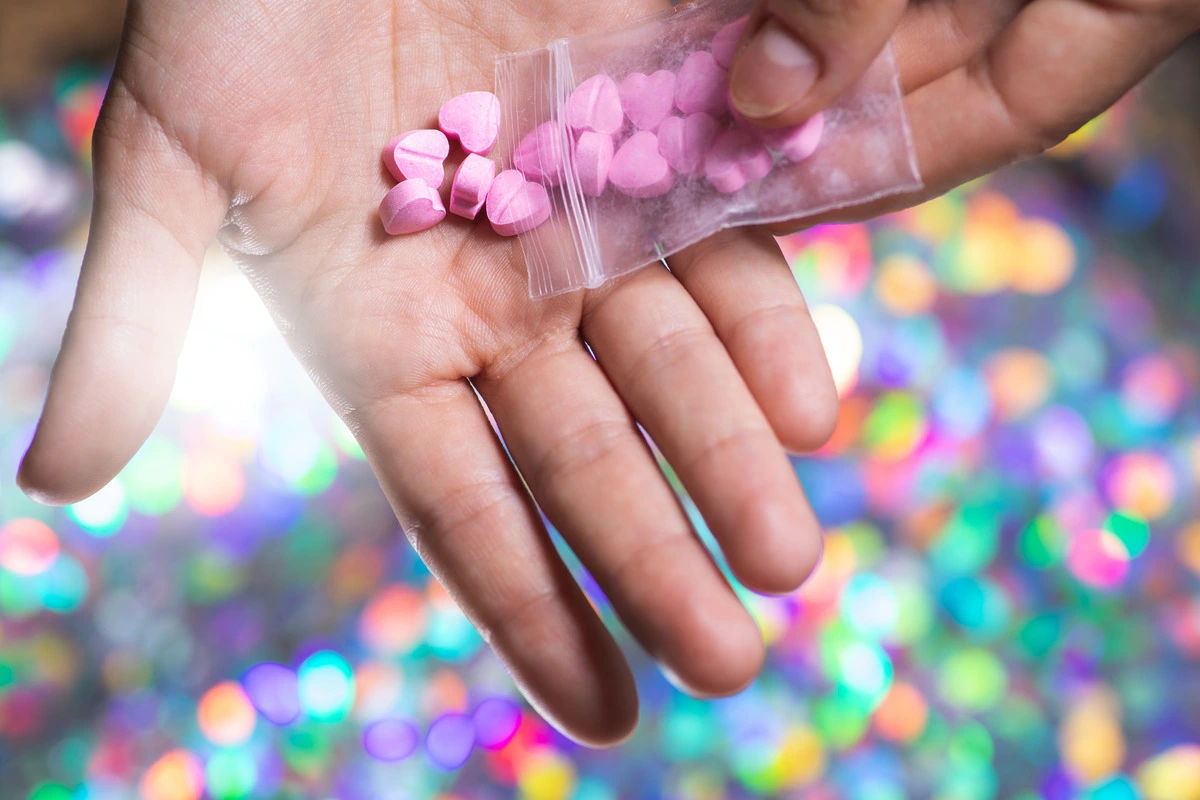
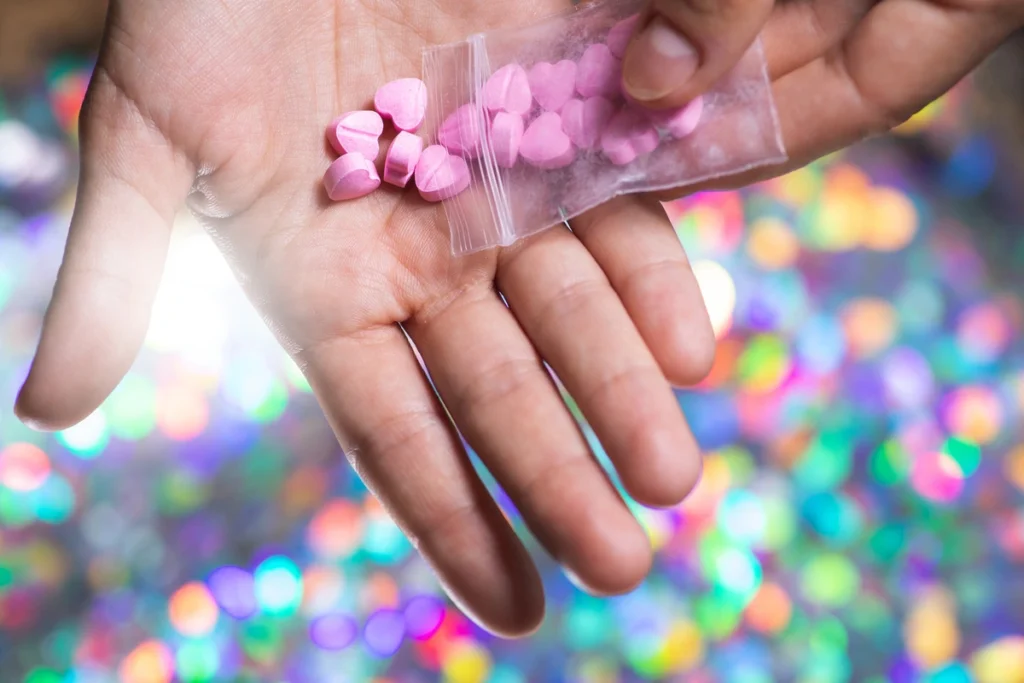


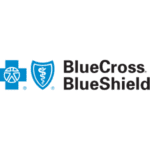
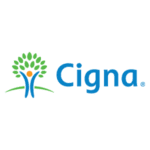
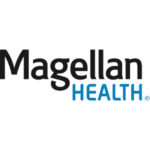



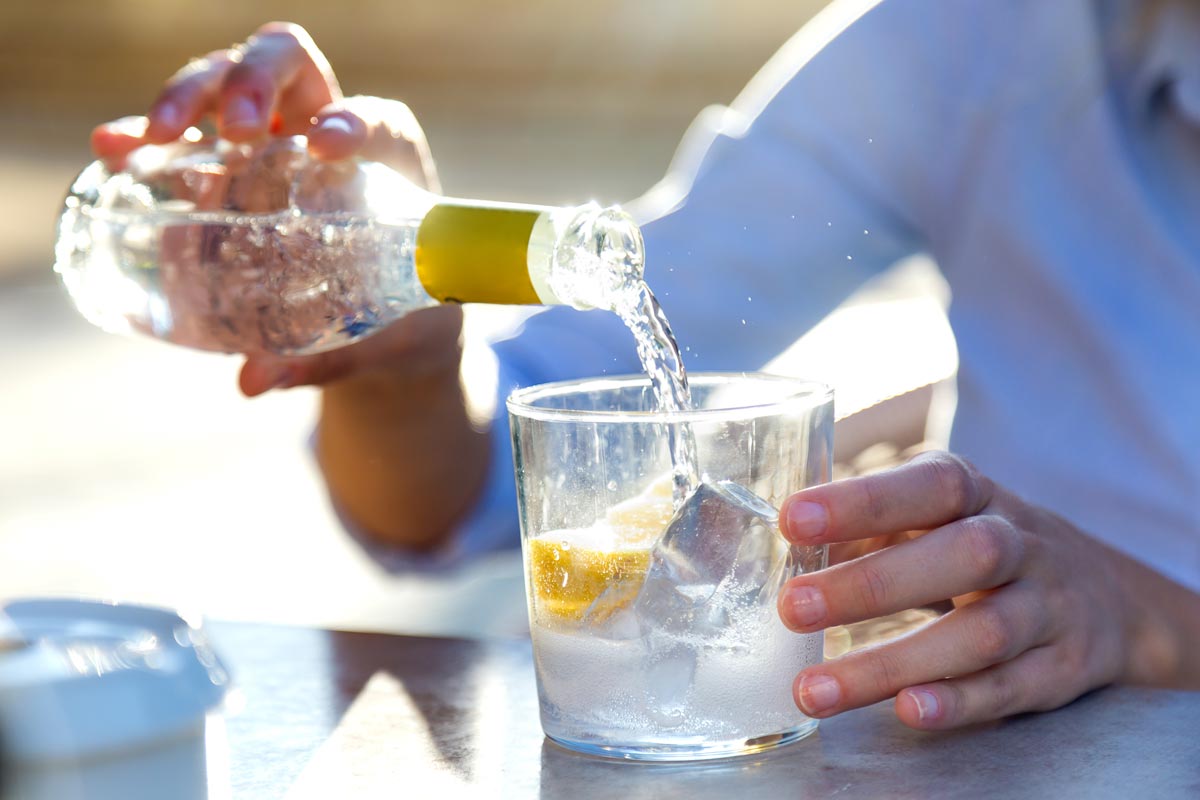
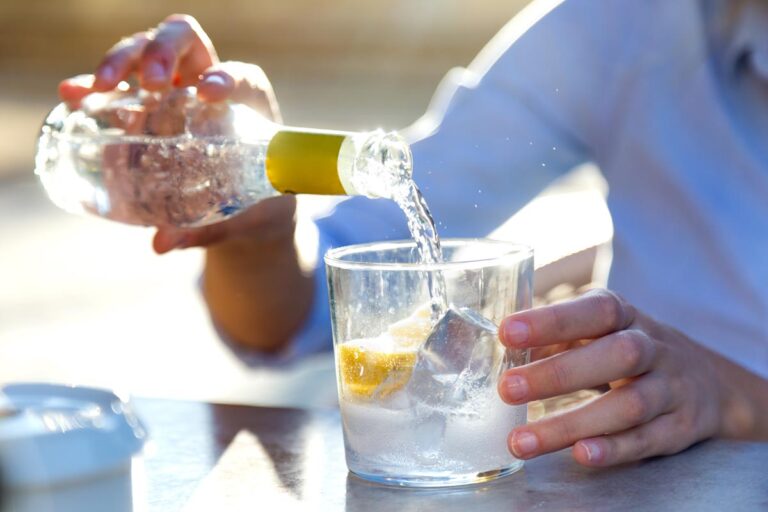







 Are you or someone you care about struggling with addiction? At Anchored Tides Recovery, we understand the unique challenges that women face when it comes to substance abuse. Our women’s only addiction treatment center in Huntington Beach, CA, is designed to provide a safe and nurturing environment where women can embark on the path to recovery. Here’s how our specialized program can help you regain control of your life and achieve lasting sobriety.
Are you or someone you care about struggling with addiction? At Anchored Tides Recovery, we understand the unique challenges that women face when it comes to substance abuse. Our women’s only addiction treatment center in Huntington Beach, CA, is designed to provide a safe and nurturing environment where women can embark on the path to recovery. Here’s how our specialized program can help you regain control of your life and achieve lasting sobriety.



























